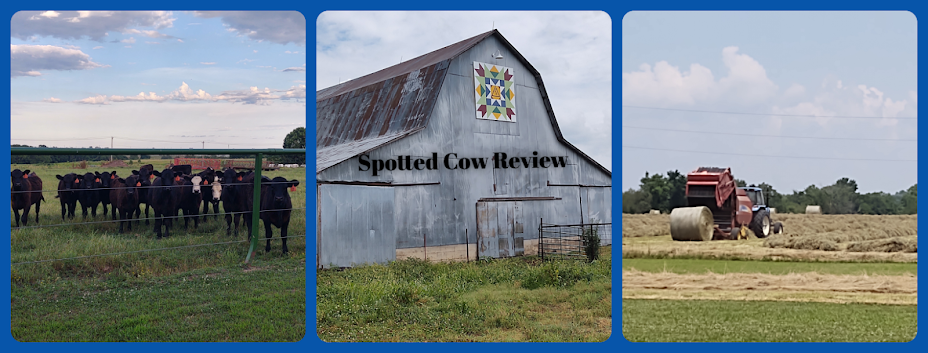October is a perfect month for fieldtrips and farm tours. The Farm to School Program strives to connect schools to local farms, with the objectives of serving healthy meals in schools, improving student nutrition and promoting agriculture, health and education opportunities to support local and regional farms.

In case you aren't able to visit a dairy farm this month, here's a few dairy facts I'd like to share with you for National Farm to School Month:
I'll be celebrating with milk--how about you?


.jpg)
.jpg)




.jpg)
.jpg)





.jpg)